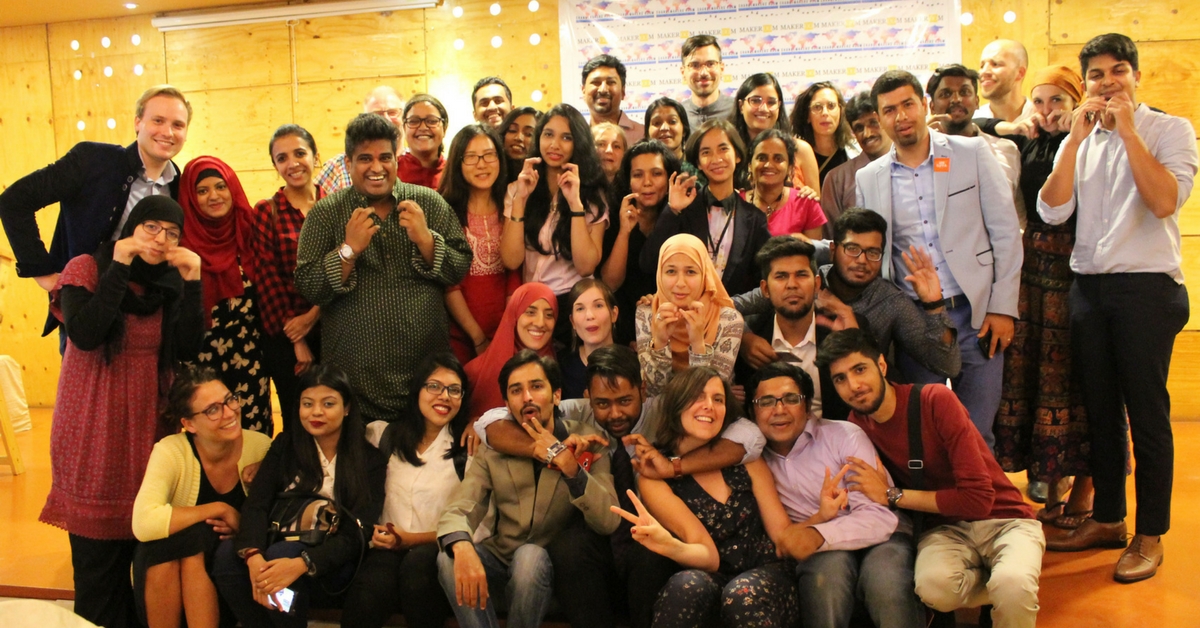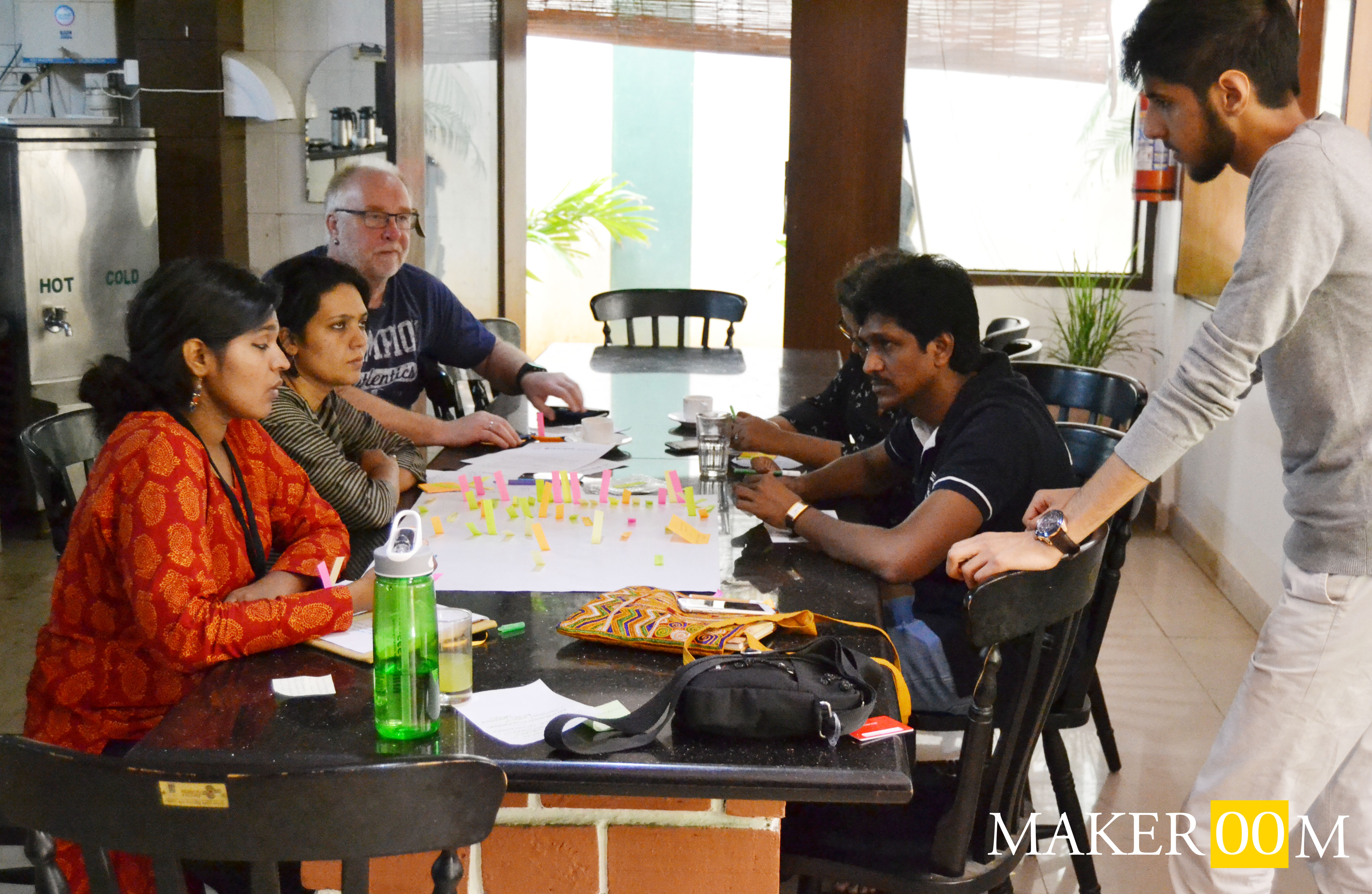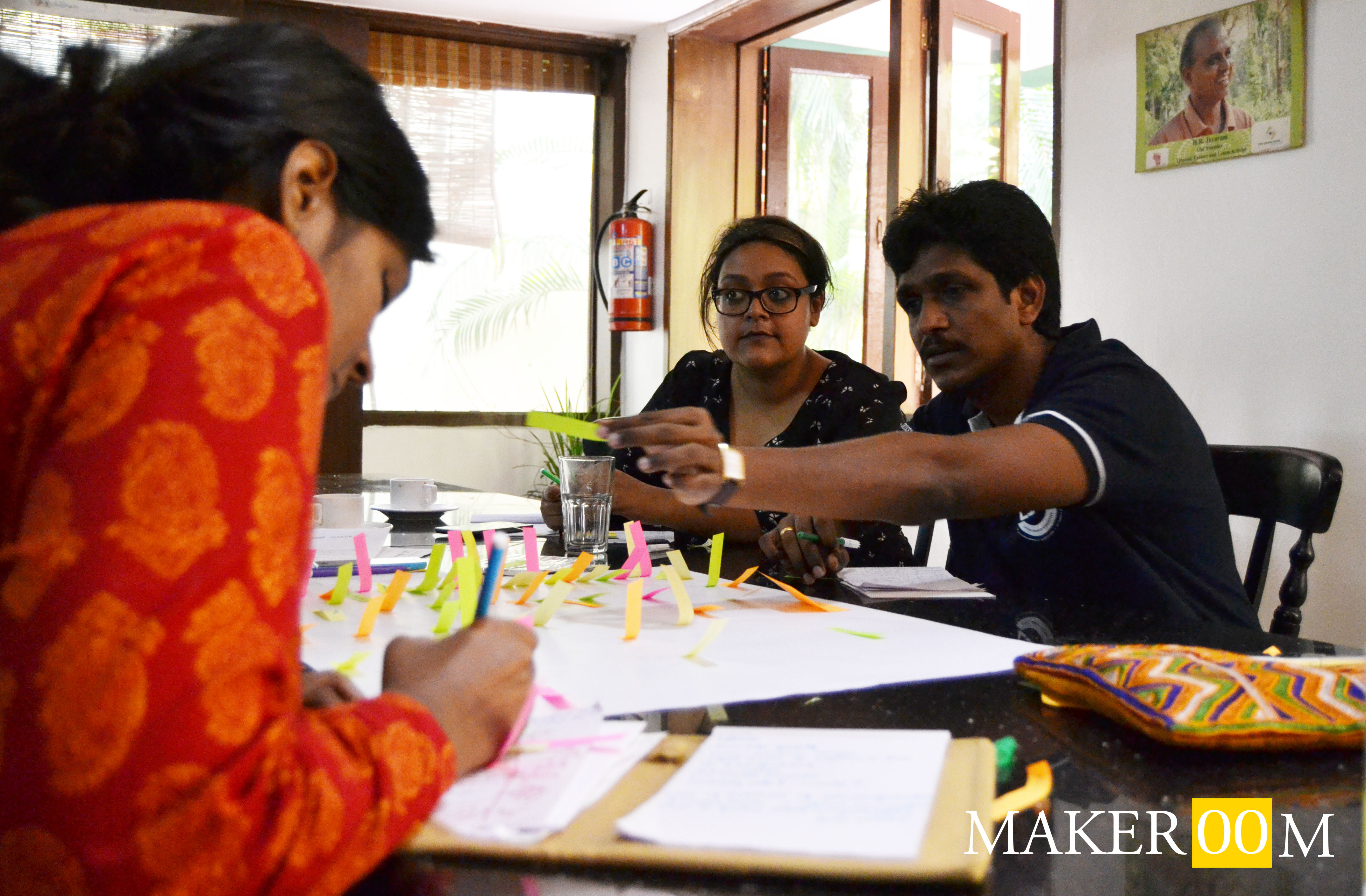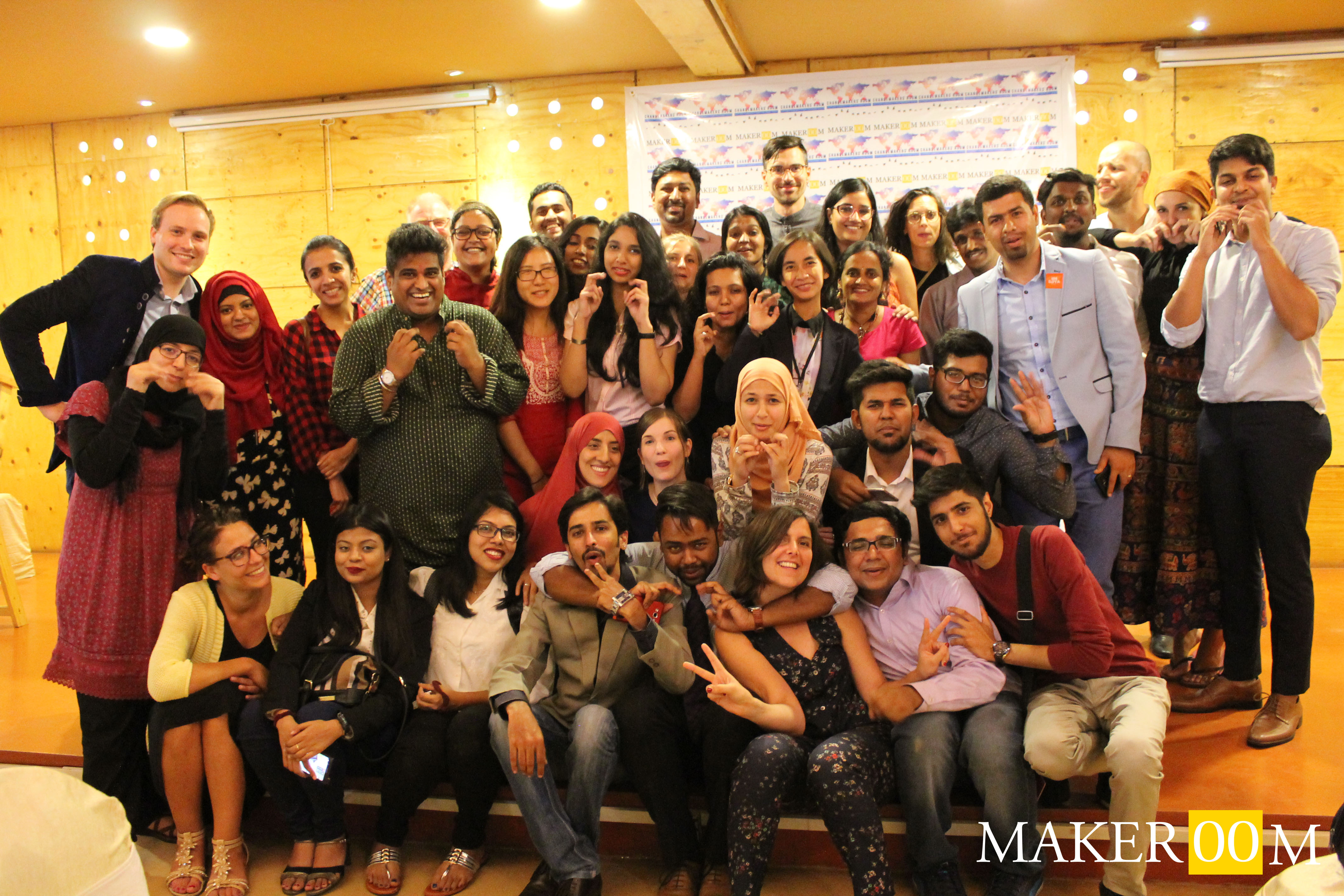TBI Blogs: A Bengaluru Event Is Innovating Mental Healthcare for India’s 70 Million+ Patients
Mental healthcare still has a long way to go in India before catching up to global standards. A unique event is bringing together changemakers and innovators from across the world to find solutions for this growing problem. Trishita Gosh explores further.

Mental healthcare still has a long way to go in India before catching up to global standards. A unique event is bringing together changemakers and innovators from across the world to find solutions for this growing problem. Trishita Gosh explores further.
Mental Health is defined as a state of well-being in which every individual realizes his/her own potential, can cope with the normal stresses of life, can work productively and fruitfully, and is able to make a contribution to her/his community. Father of psychoanalysis, Sigmund Freud, went on to define mental health as an ability “to work and to love”.
A person struggling with his/her mental health may be suffering from a plethora of intellectual disabilities or mental illnesses. 83 million people in Europe, and over 70 million people in India, are dealing with mental ailments, and the number is increasing every day. While these numbers are rough estimates from healthcare data, the actual numbers might be much higher. In fact, according to studies conducted by the WHO, 20 % of India’s population will suffer from mental health issues by 2020.
As of 2015, India spends an abysmal 0.06 % of its total health budget (which in itself is a meager 4.7 % of its GDP) on mental healthcare. People who suffer from mental ailments like depression and schizophrenia often end up taking their lives. Suicide is the 2nd leading cause of death in Europe, and the 3rd leading cause of death in India. Roughly every 2nd attempted suicide is attributed to mental ill-health.
Although millions are suffering from mental illness, there are only a few doctors who cater to the needs of such people. Median rate of psychiatrists per 1,00,000 people in 41 European countries is 9. In India, the condition is worse, with just 3,800 psychiatrists and 898 clinical psychologists trying to cater to over 1.3 billion people. Lack of quality healthy facilities, presence of misinformation, and stigma in society has led to a lot of young mental illness patients not getting diagnosed, let alone receiving the much-needed treatment.
The Indian-European Social Change Ecosystem, Make Room India, conducted Changemakers’ Room in October 2016, an international Training Forum that gathered enthusiastic and committed individuals from 14 nationalities across Asia and Europe to diagnose the most acute and critical local and universal problems, and build solutions through international projects that are viable and sustainable.
Led by the founders, Pranav Hebbar and Miks C-Kellman, so far, the forum has worked on eight social innovation projects in the areas of Health, Education, Inequality, and Climate.

One of the groups of changemakers is working on addressing issues in mental health among youth. The group has identified three major problems—lack of leadership; lack of information, leading to poor (self) diagnosis; and social stigma associated with mental health. Three interventions form the cornerstone of the project, that has been developed by a team of changemakers led by Pragya Lodha:
- Capacity-building to create a base of strong leadership within the community.
- An online platform that informs and educates about mental health.
- An educative game to create awareness and break stigma.
The first intervention involves a capacity-building curriculum that is being formulated, which would encourage young people to become leaders and be active participants of society, and also help young people who may be suffering from mental illnesses to break free from rules imposed upon them by society and be independent individuals. This curriculum will be devised in such a fashion that it can be replicated and recreated in order to be applied to local circumstances in any part of the world.
The second intervention is creating an online portal that would serve three different purposes. Firstly, it would spread more information about mental illnesses, their effects, cures, research work from the field of mental health, and the like. Secondly, it would share personal stories and experiences of people who are suffering from mental illnesses.
This will provide an insight into mental illnesses, and also encourage other people with mental disorders to come out with their stories. Lastly, it would foster a partnership between individuals working in this field and organizations associated with mental health so that they can work together for the betterment of this field.
The final intervention is creating board games to create awareness and break the stigma associated with mental illness. It would also help to strengthen the discussion around mental health.

According to Pragya Lodha, “Gaming serves multiple functions. We are trying to build games that will boost cognitive processes of people suffering from mental ailments of any kind. First, we observe their treatment and recovery, and then use gaming to engage them and keep them mentally fit. Other than this, we are also experimenting with simulation games to create mental health awareness.”
We should note that India doesn’t have satisfactory infrastructure and quality staff to address the growing number of cases. In fact, it is worse than in most parts of the world. Despite various national and regional mental health programmes, implementation, operation, and sustenance of these programs often fail. Stigma still thrives in society, and the masses still remain uninformed. People suffering from mental ill-health across the world still remain hesitant to seek help, and associate themselves with counselors. They are primarily afraid of society labelling them as crazy, insane, or retarded.
In order to help such people around the world, the group of passionate changemakers have devised these innovative solutions.
Pragya Lodha believes that forces within society have reinforced and sustained insensitivity, but she has confidence in her project’s success.

This project is a part of Action Agenda for Change 2020. The framework is led by Make Room India and partner organisations from India, Spain, Turkey, and Greece. Changemakers’ Room is about to have their next edition in Goa from 14-18 April, 2017. The event is inviting applications from passionate individuals, foundations, and NGOs to be a part of the forum.
(The author is a Communications & Research Intern at Make Room India.)
To register or know more about Changemakers’ Room, visit the website, or get in touch through email.
Like this story? Or have something to share? Write to us: [email protected], or connect with us on Facebook and Twitter.
NEW: Click here to get positive news on WhatsApp!
If you found our stories insightful, informative, or even just enjoyable, we invite you to consider making a voluntary payment to support the work we do at The Better India. Your contribution helps us continue producing quality content that educates, inspires, and drives positive change.
Choose one of the payment options below for your contribution-
By paying for the stories you value, you directly contribute to sustaining our efforts focused on making a difference in the world. Together, let’s ensure that impactful stories continue to be told and shared, enriching lives and communities alike.
Thank you for your support. Here are some frequently asked questions you might find helpful to know why you are contributing?


This story made me
-
97
-
121
-
89
-
167











